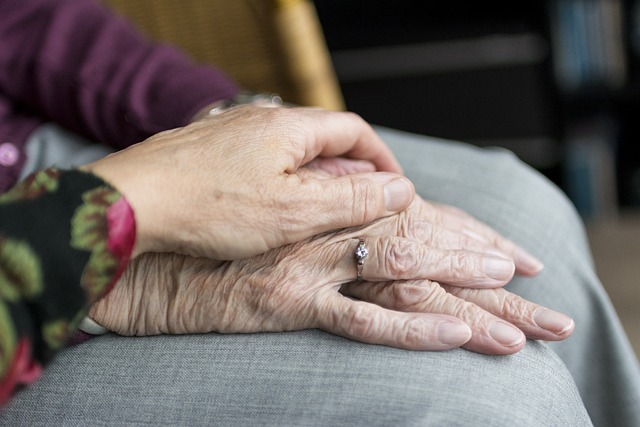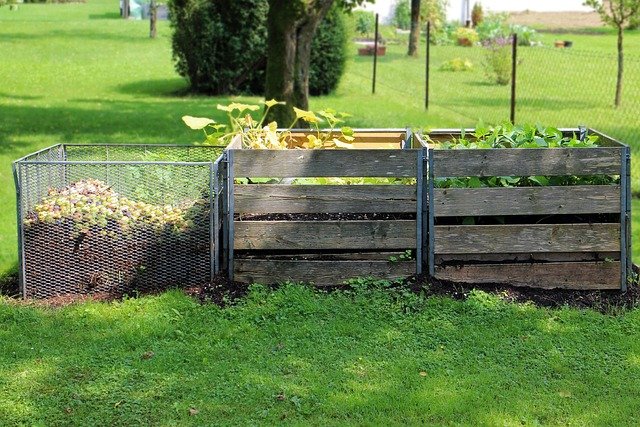Supporting Caregivers to Improve Social Outcomes
Caregivers play a critical role in maintaining the wellbeing and social inclusion of older adults and vulnerable people, yet many experience loneliness, isolation, and burnout. Strengthening supports for caregivers—through community programs, volunteer networks, practical services, and inclusive outreach—can improve social outcomes for both caregivers and those they support, enhancing connectivity, resilience, and long-term engagement.

How does loneliness affect caregivers and those they support?
Loneliness undermines mental and physical health for caregivers and care recipients alike. Caregivers who feel isolated report higher stress, reduced capacity to maintain relationships, and decreased ability to engage in community activities. For the person receiving care, limited social contact can accelerate cognitive decline, depression, and loss of independence. Addressing loneliness requires targeted outreach, peer support groups, and structured social opportunities that recognize the dual impact on caregiver and recipient, improving day-to-day quality of life and reducing the long-term risks associated with social isolation.
What challenges does aging introduce to caregiving?
Aging brings complex needs: multimorbidity, mobility limitations, sensory loss, and cognitive changes. These needs increase caregiving demands, time commitments, and emotional labour, often without matching community supports. Older caregivers may also be caring for spouses while managing their own health. Effective responses include accessible home-based services, flexible respite, and adaptations that prioritize dignity and social participation. Anticipatory planning, education about age-related changes, and linking families with community resources help maintain social ties and reduce the strain that can lead to withdrawal from social networks.
How can community inclusion reduce isolation?
Community inclusion means creating environments where caregivers and care recipients can participate without stigma or barriers. Local programming that offers shared activities—intergenerational events, accessible classes, and community transport—helps people stay connected. Inclusion also requires culturally responsive outreach, language access, and scheduling that fits caregivers’ routines. When communities intentionally design spaces and programs for participation, they expand social networks, strengthen informal supports, and counteract the isolation that often accompanies intense caregiving roles.
How can volunteerism and outreach boost engagement?
Volunteer programs can provide practical help, companionship, and relief for caregivers, while building broader civic support. Trained volunteers can offer respite visits, transportation, and social check-ins, allowing caregivers time for self-care or social activities. Outreach campaigns that promote volunteer opportunities and community awareness also reduce stigma and normalize help-seeking. Partnerships between nonprofits, faith-based groups, and local agencies can coordinate volunteer training, background checks, and supervision, ensuring reliable services that enhance connectivity and sustained engagement for caregivers and care recipients.
What practices support caregiver wellbeing and connectivity?
Wellbeing initiatives that target caregivers should include peer support, mental health counseling, education on caregiving skills, and access to flexible respite. Digital platforms can facilitate virtual peer groups and information hubs, but must be accompanied by training for those less comfortable with technology. Workplace policies that acknowledge caregiving responsibilities—such as flexible hours and leave—also protect social participation. Building local referral networks that connect caregivers to legal advice, financial planning, and community activities strengthens their ability to maintain relationships and remain engaged in civic life.
How does resilience shape long-term caregiving outcomes?
Resilience is supported by social capital, predictable supports, and skill-building. Caregivers with robust networks and access to services adapt better to changes in care needs and are less likely to experience chronic stress. Policies that invest in caregiver education, respite funding, and integrated service models contribute to resilient households. Encouraging community-level resilience—through volunteer pools, neighborhood outreach, and inclusive programming—creates a fallback when individual supports falter, ultimately improving social outcomes and sustaining caregiving over time.
Conclusion Improving social outcomes through caregiver support requires coordinated efforts across community organizations, policymakers, employers, and volunteers. Addressing loneliness and isolation, enhancing inclusion, expanding volunteer and outreach programs, and building caregiver resilience all contribute to stronger social networks and healthier lives for caregivers and those they support. Sustainable progress rests on practical services, adaptable policies, and inclusive community design that together reduce burden and increase opportunities for meaningful engagement.





